Tag Archive for: CIRAN
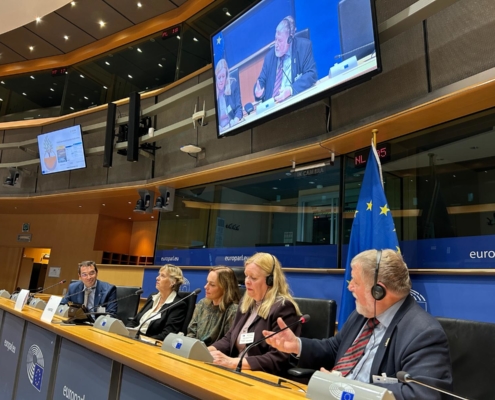
LPRC joins the CIRAN’s project panel discussion in the European Parliament
On 13 October, the CIRAN project brought together policymakers,…
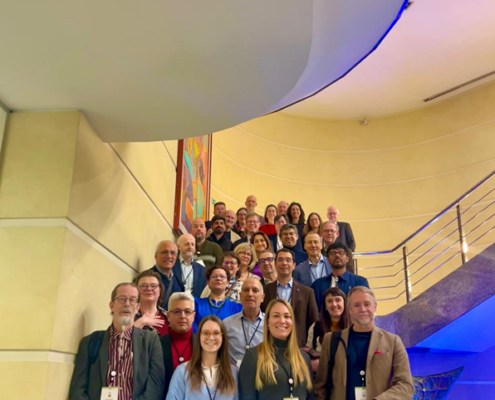
CIRAN 4th Consortium Meeting (February 2025, Ljubljana, Slovenia)
The CIRAN Consortium gathered in Ljubljana, Slovenia, for an…
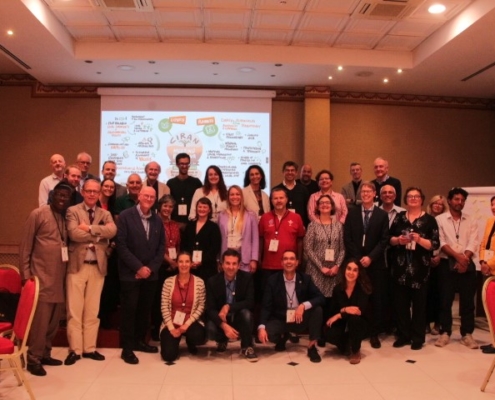
CIRAN 3rd Consortium Meeting (Bologna, Italy)
From September 30 to October 3 2024, the CIRAN project team gathered…
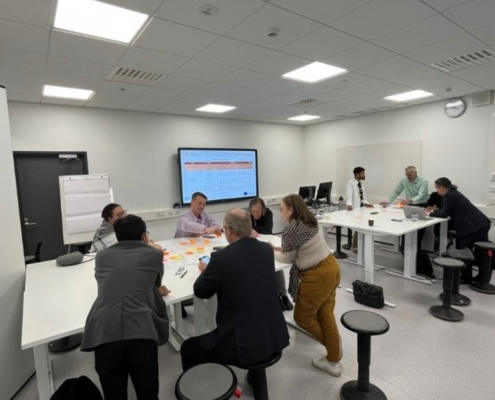
The Futures of Critical Raw Materials in Europe explored at the 2024 Futures Conference in Turku
On the past 13th and 14th of June, La Palma Research Centre was…
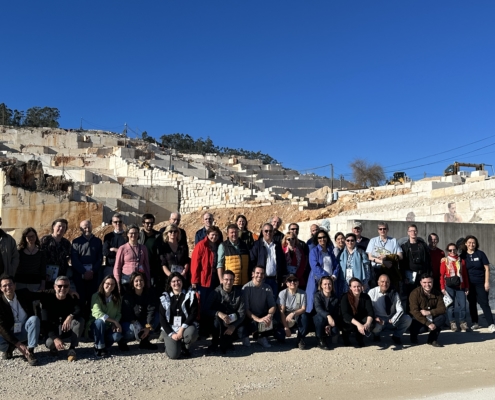 CIRAN
CIRANCIRAN Consortium Meeting, Lisbon, Portugal, 22-25 January 2024
The CIRAN project held its annual physical meeting in Lisbon,…
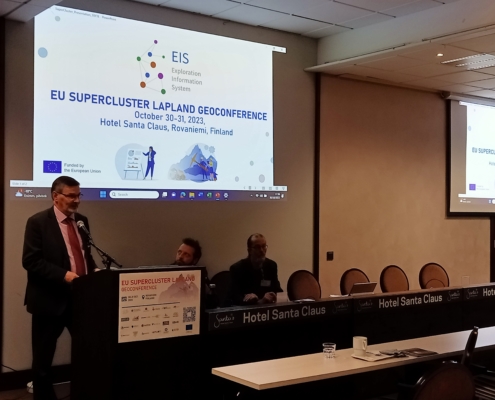 La Palma Research Centre
La Palma Research CentreLPRC’s projects at the EU SuperCluster Lapland Geoconference
LPRC participated in the EU's Supercluster Lapland Geoconference…
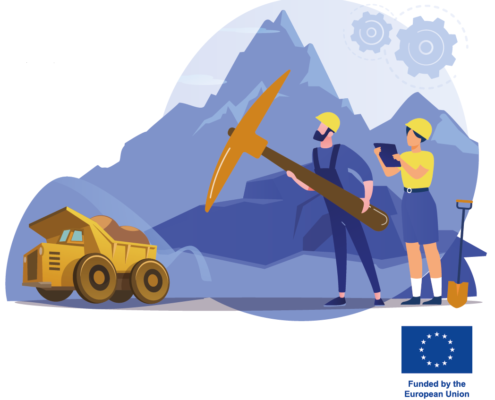
SuperCluster Lapland Geoconference, Rovaniemi, Finland (30 & 31 October 2023)
The SuperCluster Lapland Geoconference will take place on the…
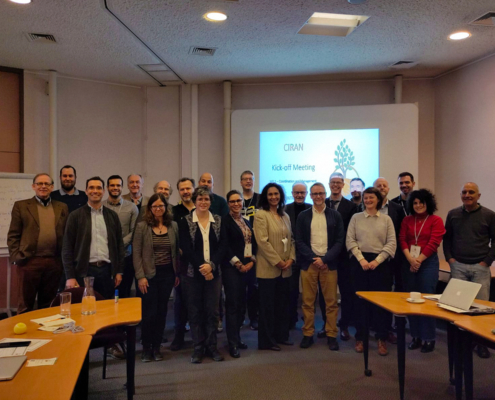 CIRAN project
CIRAN projectCIRAN project Kick-off, Brussels, January 2023
The recently started CIRAN EU-funded project held its Kick-off…
